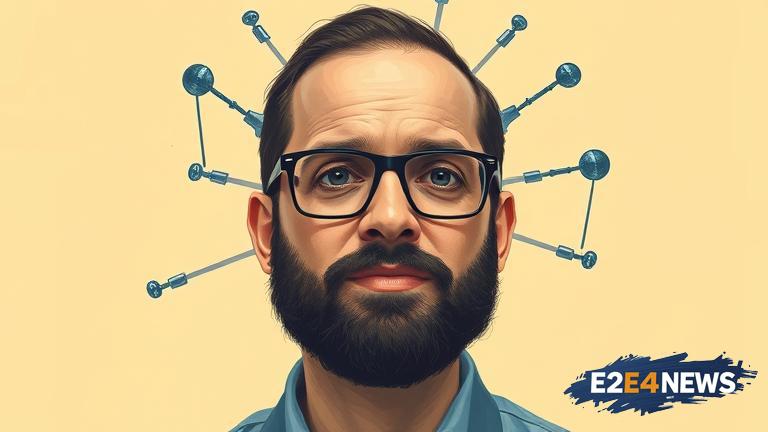The rise of Artificial Intelligence (AI) has been a topic of discussion for quite some time now, with many experts weighing in on its potential impact on the job market. Recently, Mo Gawdat, a former Google executive, shared his thoughts on the matter, predicting that AI will replace not just developers, but also CEOs and podcasters. According to Gawdat, AI has advanced to a point where it can perform tasks that were previously thought to be exclusive to humans. He believes that this will lead to a significant shift in the job market, with many professions becoming obsolete. Gawdat’s predictions are based on his experience working with AI technology during his time at Google. He claims that AI has made tremendous progress in recent years, and its capabilities are now beyond what many people can imagine. The former Google executive also pointed out that AI is not just limited to performing repetitive tasks, but can also be used for creative work such as writing and designing. This, he believes, will lead to a significant reduction in the number of jobs available in the creative industry. Furthermore, Gawdat warned that the replacement of human workers by AI will not be limited to just developers and programmers. He predicts that AI will also replace CEOs and other high-level executives, as it can analyze data and make decisions faster and more accurately than humans. Additionally, Gawdat believes that AI will also replace podcasters and other media personalities, as it can generate content and engage with audiences in a more efficient and personalized manner. The implications of Gawdat’s predictions are far-reaching and have significant consequences for the job market. If AI is able to replace human workers in such a wide range of professions, it could lead to significant unemployment and social unrest. On the other hand, it could also lead to increased productivity and efficiency, as AI is able to perform tasks faster and more accurately than humans. Gawdat’s warnings are not just limited to the job market, but also extend to the ethical implications of AI. He believes that as AI becomes more advanced, it will be necessary to establish clear guidelines and regulations to ensure that it is used responsibly. This, he claims, will require a collaborative effort from governments, corporations, and individuals. In conclusion, Mo Gawdat’s predictions about the impact of AI on the job market are a wake-up call for many professionals. While the rise of AI may bring about many benefits, it also poses significant challenges and risks. As AI continues to advance, it will be necessary to address these challenges and ensure that its development and deployment are aligned with human values and interests. The future of work is likely to be significantly impacted by AI, and it is essential to start preparing for this change now. This can involve acquiring new skills, investing in education and retraining programs, and establishing clear guidelines and regulations for the use of AI. By doing so, we can ensure that the benefits of AI are shared by all, and that its risks are mitigated. The AI revolution is already underway, and it is essential to be prepared for its impact. With the right approach, we can harness the power of AI to create a better future for all. However, if we fail to address the challenges posed by AI, we risk exacerbating existing social and economic inequalities. The choice is ours, and it is essential to make the right decisions to ensure that AI is used for the benefit of all humanity. As the world becomes increasingly dependent on AI, it is essential to consider the potential consequences of this technology. While AI has the potential to bring about many benefits, it also poses significant risks. By understanding these risks and taking steps to mitigate them, we can ensure that AI is used responsibly and for the benefit of all. The development and deployment of AI must be aligned with human values and interests, and it is essential to establish clear guidelines and regulations to ensure this. The future of work is likely to be significantly impacted by AI, and it is essential to start preparing for this change now. This can involve acquiring new skills, investing in education and retraining programs, and establishing clear guidelines and regulations for the use of AI. By doing so, we can ensure that the benefits of AI are shared by all, and that its risks are mitigated.
